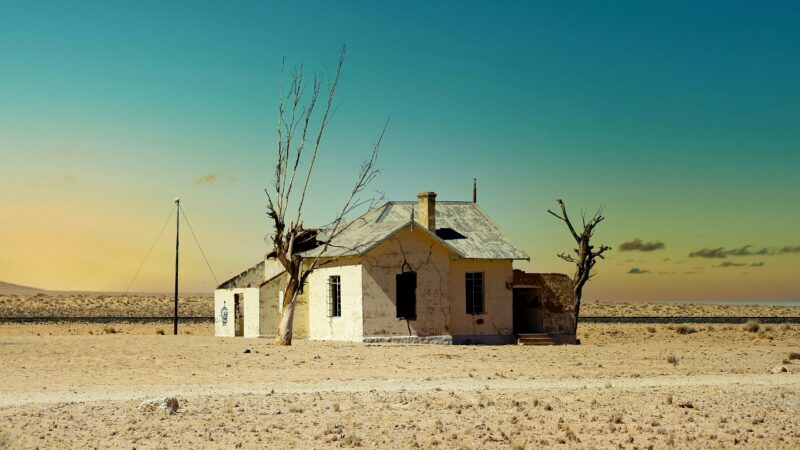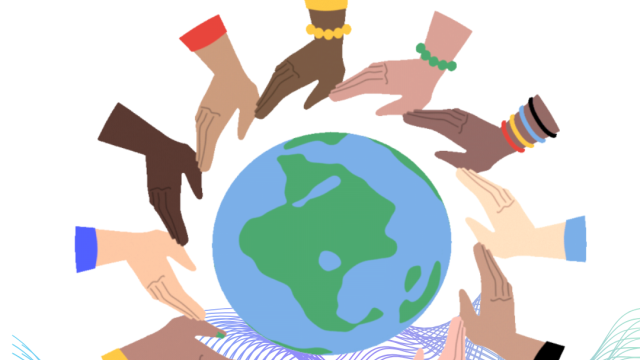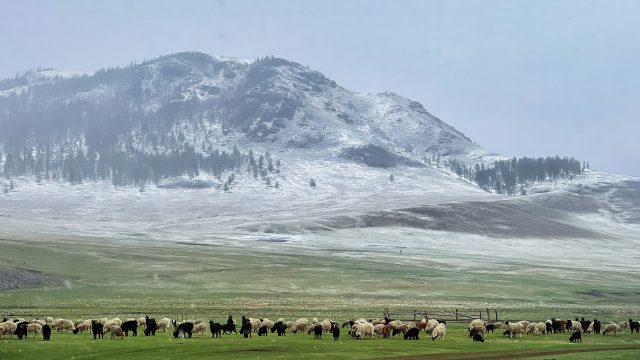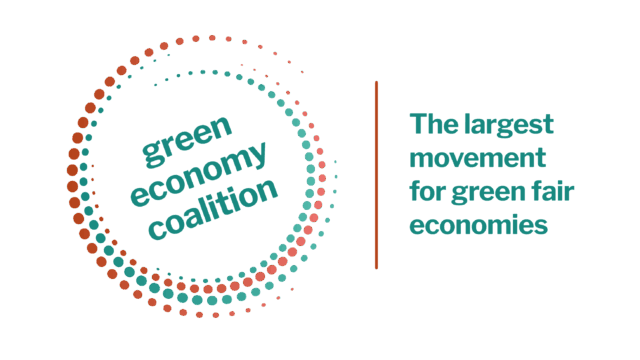The status of the transition to green & fair economies: 2024
Our latest research report maps out the contours of the green economy transition in the coming 12 months

Our latest research report, "The status of the transition to green & fair economies: 2024", published today, brings together a year's research on the latest trends, policies and industrial developments in green & fair economy.
Over the last few years, we have seen citizens and young people hit the streets in their millions to demand change; and radical new thinking has emerged that challenges mainstream economics. Year by year, our members and fellow networks have been part of a collective awakening across geographies, sectors, and communities of our shared dependence on the natural world as well as the imperative for social justice.
The year 2024, therefore, can be seen as an inflection point, as compounding crises and a deepening awareness of the inadequacies of the current system catalyse the emergence of a new global paradigm. Like most inflection points, it is volatile, unstable, and characterised by conflict: political, social, ideological.
“ With just six years until the deadline for reaching the SDGs, accelerating the transition to a fair, green economy is paramount.”
The lingering trauma of COVID-19, spiralling debt and inflation, volatile energy prices and persistent poverty are all being intensified by climate change, biodiversity loss and rising inequality. The much vaunted goal of the Paris Agreement – limiting global heating to 1.5°C – is already gone. And in 2024, democracy itself is on the ballot; more voters than ever in history will head to the polls in 64 countries, the results of which will have consequences for decades to come.
In light of these multiple, interconnected crises, and with just six years until the deadline for reaching the SDGs, accelerating the transition to a fair, green economy is paramount. Politicians must rise to the challenge of this moment by securing a new social contract, where the costs and benefits of the transition to greener and fairer societies have been negotiated, with farmers, with miners, with women, with youth, with big and small business, and with finance. This inflection point demands leadership. That leadership must deliver transformation.
This report examines five action areas required for a full-scale transition: Measuring and governing; Reforming the Financial System; Greening Economic Sectors; Tackling Inequality; and Valuing Nature. These action areas are not mutually exclusive, rather they are all intertwined and interdependent.
Drawing on the insights from our members, as well as the latest evidence and data from a wide range of partners and institutions, we track the progress of the transition to green economies across the globe.


